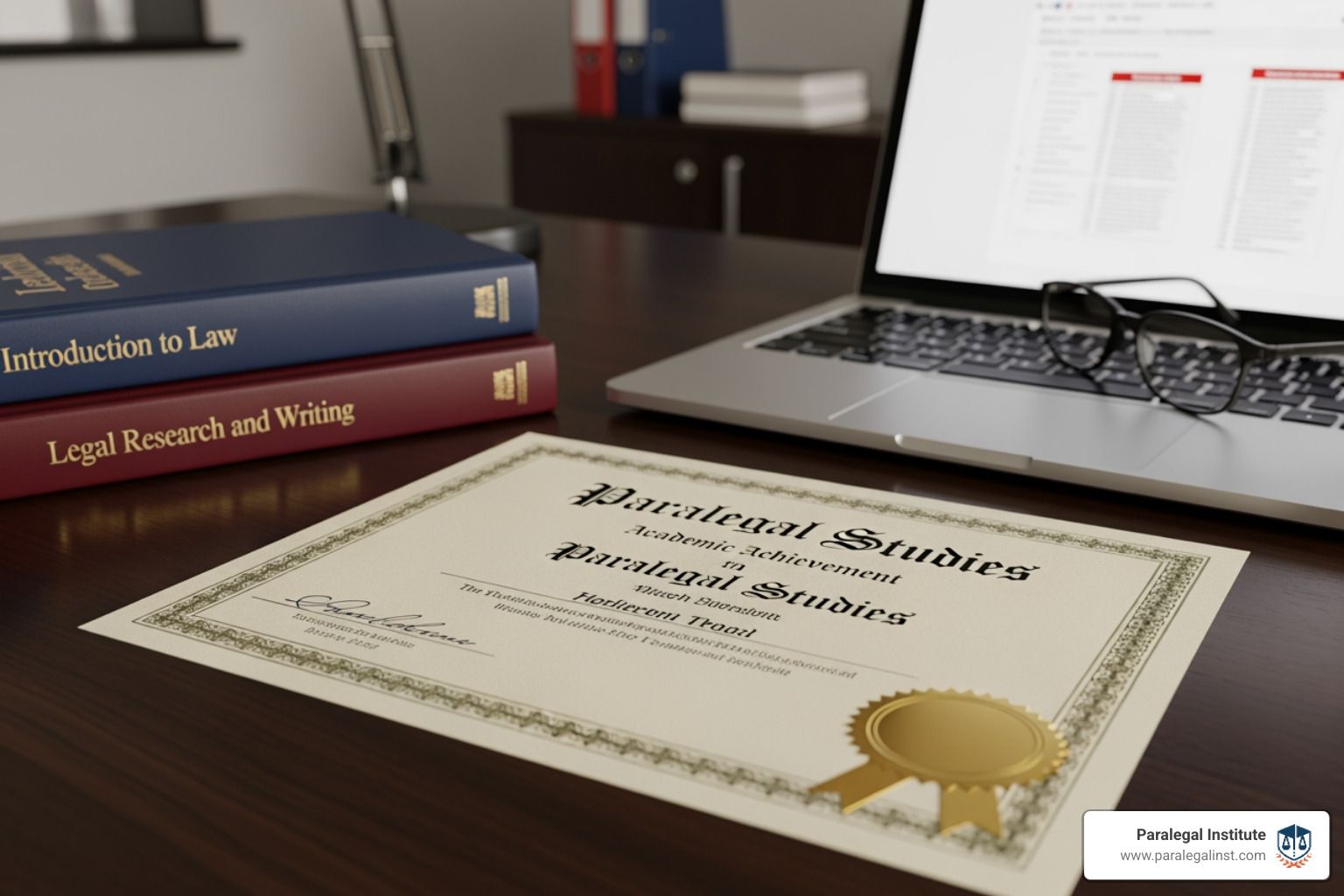Building Practical Skills in Paralegal Training Programs
Practical skills are at the heart of any successful paralegal. These programs aim to provide participants with the knowledge and tools they need to step into real-world legal settings confidently. By focusing on the skills that matter most in the day-to-day activities of a paralegal, these training programs ensure that students are ready to hit the ground running after graduation. Whether you're preparing legal documents, researching case laws, or interacting with clients, having a solid set of practical skills can make all the difference.
Learning practical skills through a paralegal program offers more than just preparation for a career—it provides a competitive edge. Approaching a complex legal case not just with theories but with the hands-on experience to handle it effectively can be transformative. These programs are crafted to bridge the gap between classroom learning and the practical demands of the legal field, offering students a chance to practice and hone their skills in a supportive environment. This approach boosts confidence and equips graduates with the tools they need for success.
Understanding the Basics of a Paralegal Training Program
A paralegal training program covers much more than you might expect. It goes beyond simple legal book knowledge and dives into how the law truly works in everyday situations. At the core of these programs is the idea that a well-rounded paralegal should be capable in various areas within the legal ecosystem. Here’s what you typically find in such a program:
- Introduction to Legal Concepts: Get familiar with the basics of law, such as understanding legal terminology, the court system, and various legal fields.
- Research Methodologies: Learn how to effectively conduct legal research, a key skill for any paralegal.
- Document Drafting and Management: Develop the ability to prepare pleadings, contracts, and other legal documents with precision.
- Client and Witness Interaction: Gain skills in effective communication, not only verbally but also through written correspondence.
- Ethical and Professional Responsibilities: Understand the ethical obligations paralegals face and how to conduct oneself in a professional setting.
These components ensure that paralegals do not just understand the theory behind the law but are keenly aware of how to apply it practically. Foundational legal knowledge plays a significant role as it empowers students to understand the broader context of their work. For instance, grasping the nuances of contract law not only helps in drafting agreements but also prepares students for analysis and negotiation situations.
To truly make the most out of this training, engaging actively with each element is crucial. Working on real-world cases, connecting classroom theories to actual legal problems, and participating in interactive lessons are all part of building a robust legal foundation. Through these methods, paralegals develop skills that are both adaptable and practical, setting them up for success in the evolving landscape of legal professions. By starting with a strong understanding of these basics, future paralegals are better prepared to meet the complex challenges of their roles.
Key Practical Skills Developed in Paralegal Training Programs
To succeed as a paralegal, acquiring a variety of practical skills is necessary. These are some of the abilities that programs focus on improving:
- Research and Investigative Skills: Being able to dig deep into case law and statutes for relevant facts makes a big difference. Training programs teach how to efficiently search through legal texts and resources.
- Document Preparation and Organization: Crafting and organizing legal documents takes practice. Students learn how to draft everything from pleadings to motions systematically.
- Effective Communication and Interpersonal Skills: Communicating well with clients and colleagues is key. Programs emphasize both written and verbal communication, helping paralegals convey information clearly and professionally.
- Time Management and Multitasking Abilities: Handling multiple cases and tasks at once requires keeping everything on track. Courses teach strategies to prioritize and manage time efficiently.
These skills equip paralegals to navigate the legal environment seamlessly, ensuring they are productive and effective in various scenarios.
Hands-On Training Opportunities
One of the standout features of paralegal training programs is the hands-on experience they offer. Students do more than study theories—they put them into practice through various activities:
- Real-World Scenarios: Working on case studies and participating in mock trials brings classroom learning to life. These activities provide valuable insights into how legal theories apply in real cases.
- Internships and Externships: Gaining experience with real law firms and legal departments is incredibly beneficial. Students not only observe the workflow but also partake in tasks under supervision, such as document review and client interactions.
These practical aspects of training help students gain confidence and proficiency, setting them up for success once they enter the workforce.
Long-Term Benefits of Practical Skills in the Legal Field
Developing practical skills during training delivers several advantages. First, these skills increase employability by preparing graduates thoroughly for job responsibilities. They can step into roles with a clear understanding of what is expected and how to deliver results effectively.
Second, the skills gained have real-life applications that paralegals use daily. From conducting thorough legal research to drafting precise documents and effectively communicating with all parties involved, these tasks become second nature.
Finally, for those looking to advance in their careers, having solid practical skills provides a strong foundation for future growth. Whether aspiring to manage more complex cases, specialize in a particular legal area, or explore different roles within the legal field, the skills honed during training pave the way.
Making the Most of Your Training in Las Vegas, Nevada
Studying in Las Vegas offers unique advantages for paralegal students. The city’s vibrant legal community provides ample opportunities for networking and gaining real-world experience. Local firms and legal organizations often open their doors to students for internships and externships, offering first-hand exposure to diverse legal issues.
Las Vegas also hosts various legal events and seminars that allow students to meet professionals and learn from seasoned experts. Engaging with these opportunities can broaden students' horizons and enhance their understanding of different aspects of paralegal work.
Final Thoughts on Building Practical Skills in Paralegal Training
Focusing on practical skills forms the backbone of any strong paralegal training program. By immersing oneself in both classroom learning and real-world applications, students prepare themselves for the demands of the legal field. This approach offers them a competitive edge and solid footing as they move forward in their careers.
Students should actively seek hands-on opportunities, whether through internships or practical coursework, to maximize the benefits they receive from their training. Being proactive in skill development ensures success and adaptability in the evolving legal landscape.
For those eager to build practical skills in the legal field, the Paralegal Institute offers a comprehensive paralegal training program where hands-on experience meets foundational knowledge. Explore how this program can enhance your career prospects with immersive learning in the heart of Las Vegas.










